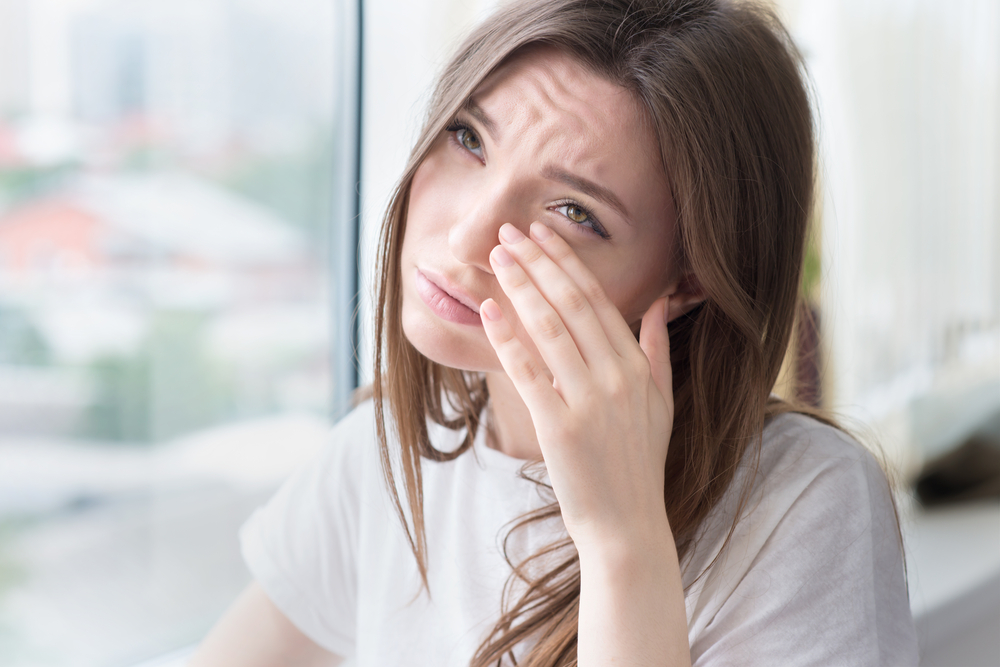Understanding Ocular Rosacea

There are times where we can be uncertain about how to best take care of ourselves. It always seems to be those inevitable moments where we realize something is up with our health, but we have no idea what it is or how to treat it. Ocular rosacea can be that for some of us. It is a relatively simple condition that is a potential precursor to the rosacea we all know about that has suspiciously similar symptoms to other potential problems. In many ways, it seems hard to tell the difference between ocular rosacea and standard eye irritation. That can make things difficult and leave us wondering why our eyes aren’t responding to treatment. With that in mind, we’ve decided to give a quick overview of ocular rosacea so that everyone can feel better equipped to have an idea of what is going on with their health. This should help reduce any worry that something awful is happening to one’s health should one ever encounter the condition.
Simple Signs
We’re not kidding when we say that ocular rosacea can be difficult to tell apart from basic irritation of the eye. The condition leads to redness of the eyes and often leads into an itching sensation as well. Unfortunately, this sensation is sometimes a burning sensation instead. None of this is all that pleasant or that specific. That’s what makes it so frustrating to try and pick out ocular rosacea from any other condition that might be causing your eyes to be irritated. Most of the time the only way to tell is to go by a process of elimination and slowly cut away any other possibilities. Make sure your got enough sleep. Rinse out your eyes. Check to make sure a contact hasn’t slipped or that a lash hasn’t fallen into your eyes. Have you been sick? All of these questions should likely come first before jumping to the idea that it must be ocular rosacea. The lack of any apparent cause and return of symptoms repeatedly might just be a sign of this condition though.
Why Me?
This, as with standard rosacea, is a hard question to answer. It is difficult to pin down any one cause. There does seem to be a strong element of genetics in play in most cases. That isn’t terribly reassuring though and often feels like we simply have to embrace the inevitable. The truth is there are plenty of possible culprits ranging from eyelash mites to bacteria to something in the environment. Those aren’t the only options either. Difficulty in pinning down potential causes doesn’t mean that you need to just live in fear. The odds are that you’ll see ocular rosacea again after it has happened once before just like you would with rosacea. You can try to avoid potential triggers for the condition if you’re careful. This means being mindful of your body temperature. Don’t drink or eat anything that is too hot. This encompasses both physical and spice-based heat. Additionally, try to maintain a relatively calm emotional state. Strong emotions that cause a flush reaction like anger can trigger an instance of ocular rosacea.
Treatments
Most of the time your doctor will tell you to take preventive measures like the ones we’ve already outlined. There are other things you can do outside of this to minimize potential problems too. One of them is to remember to use artificial tears to help minimize problems with dryness. Additionally, exercise common sense and avoid putting anything on or near your eyes if they feel inflamed. This will help prevent extending any instance of ocular rosacea. You’ll also just want to focus on basic eyecare in general by keeping the area properly cleaned regularly. This, in most cases, is all that you can really do. The exception to this rule is that your doctor may give you an antibiotic treatment if bacteria are responsible for your ocular rosacea. We do need to stress again that none of this will cure the condition, which is often chronic, but it will minimize outbreaks. That’s ultimately what management of all kinds of rosacea becomes.
Ocular rosacea isn’t likely to be why your eyes are bothering you unless you already have rosacea or have a family history of it. However, it could be the case if you have otherwise unspecified recurrent eye irritation. Talk to your doctor about having tests done to determine if ocular rosacea is the cause instead of diagnosing yourself though. This will help ensure an adequate diagnosis and personalized ideas on how you can manage the symptoms in your own life.

